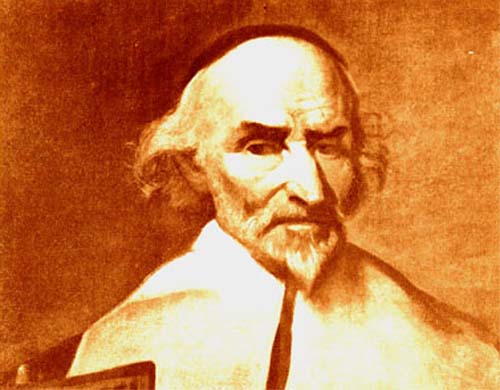Regional Aspects of the Scottish Reformation
Classic Pamphlet

Of Politics and Economics
Reformation Perspective
In recent years studies of the Scottish Reformation have undergone a marked change. Religion is seldom advanced as the sole mainspring of the events of 1560 and explanations have been increasingly sought in political and economic terms. On the political side growing opposition to French influence within Scotland was brought to a head in 1558 by the marriage of Dauphin Francis and Mary Queen of Scots. Thereafter the principal objective of the nobility, quite irrespective of religious affiliation, was the end of the French alliance. But when in turn this led them to take up arms against their queen, they sought to avoid being classed as rebels by inviting the exiled John Knox to return to Scotland and, by coupling his cause to theirs, adopted a new and ‘godly' justification for their deeds as lords of the Congregation of Jesus Christ.
Knox, on his part, by accepting this protestant party to that of the politically motivated lords. The genuine commitment of these lords to Protestantism must, however, remain doubtful. Some were genuinely protestant and may have taken to arms for this reason, but the great majority only found it politically expedient to be so, while economic gain may have motivated more. The part played by the desire to redistribute the wealth of the Church remains, however, a matter of debate; for while it is undoubtedly true that secularism of Church property was well under way in Scotland long before the events of 1559-60, and could arguable have continued without a change of faith, the promoters of such a change may have been looking for an acceleration of the process in the hope of securing tenure and title to those lands which they had already acquired...
This resource is FREE for Historian HA Members.
Non HA Members can get instant access for £3.49

